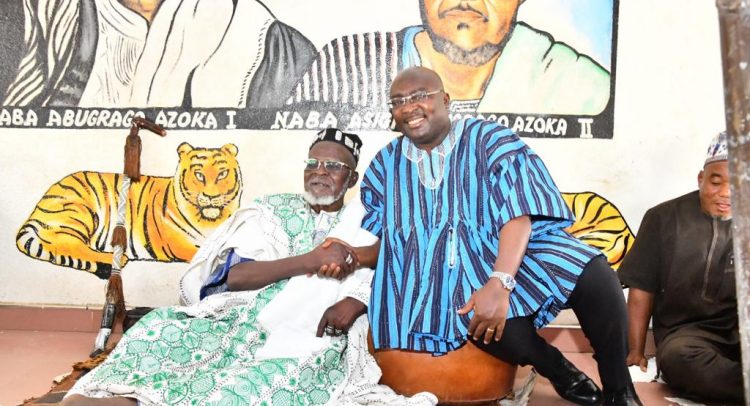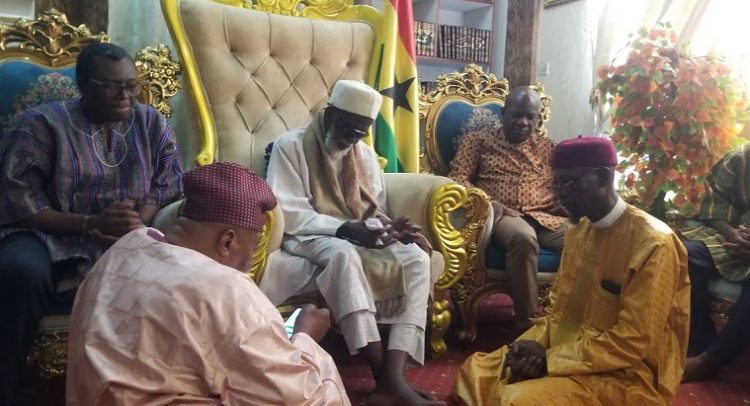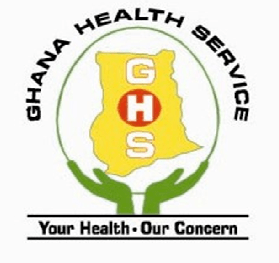
By Samuel SAM
STAR-Ghana Foundation has called for greater gender and youth inclusivity in the ongoing reconstitution of Regional Peace Councils (RPCs) across the country, urging the National Peace Council (NPC) to adhere to the minimum threshold of 30% women’s representation in public governance, as stipulated by the Affirmative Action (Gender Equality) Act, 2024.
In a press statement signed by the Foundation’s Head of Programmes, Eunice Rachael Agbenyadzi and copied to Business & Financial Times, STAR-Ghana stressed that integrating women and youth into regional peace architecture is vital for fostering more inclusive and sustainable peacebuilding efforts.
“As the NPC embarks on reconstituting RPCs nationwide, this presents a timely opportunity for government to demonstrate its commitment to gender-responsive and inclusive peacebuilding,” the statement said. “Ghana cannot afford to build peace with half its population left behind. The time to act is now.”
The National Peace Council, established by Act 818 of 2011, plays a central role in conflict prevention, management and resolution, as well as promoting sustainable peace across Ghana.
Ensuring gender representation within its structures is therefore critical to enhancing the inclusivity and effectiveness of peacebuilding mechanisms.
Women’s participation strengthens peacebuilding
STAR-Ghana highlighted that the inclusion of women not only brings diverse perspectives but also strengthens the quality of peace processes.
Women often serve as negotiators, mediators and community-level facilitators of reconciliation, while also championing gender-responsive strategies that address justice and human rights concerns.
Citing global evidence, the Foundation referenced a 2018 United Nations report which found that peace negotiations involving women are 35% more likely to endure for at least 15 years.
Similarly, a 2011 World Bank report linked women’s involvement in peace processes with improved post-conflict economic and social outcomes. An Oxfam report in 2017 also highlighted the contribution of women-led peace committees to post-conflict recovery in Liberia.
Gender imbalance in reconstituted council
Despite these insights, STAR-Ghana observed that the newly reconstituted National Peace Council falls short of the 30% gender representation benchmark with only three women included out of 13 members – amounting to just 23%.
“While progress has been made in improving gender balance within the presidency and Council of State, this has not been reflected in the National Peace Council – a critical institution for national stability,” the statement noted.
This underrepresentation, it added, marginalises women’s voices in peace governance and undermines Ghana’s international commitments under frameworks such as the UN Security Council Resolution 1325, which emphasises the need for women’s full and meaningful participation in peace and security efforts.
Call for youth inclusion
The Foundation also underscored the importance of youth inclusion in both national and regional peace councils. Given the central role of young people in both conflict dynamics and the country’s demographic landscape, their participation is crucial to ensuring holistic and sustainable peace interventions.
“Women and youth must be actively involved in conflict prevention and resolution at the regional level,” the Foundation stressed, adding that such inclusivity aligns with national development policy goals and international peacebuilding frameworks.
STAR-Ghana has thus urged the NPC and relevant authorities to address current gender and generational imbalances and commit to a more inclusive approach in the ongoing reconstitution of peacebuilding bodies.
The post STAR-Ghana Foundation calls for inclusive representation in regional peace councils appeared first on The Business & Financial Times.
Read Full Story


















Facebook
Twitter
Pinterest
Instagram
Google+
YouTube
LinkedIn
RSS